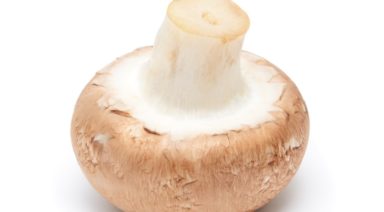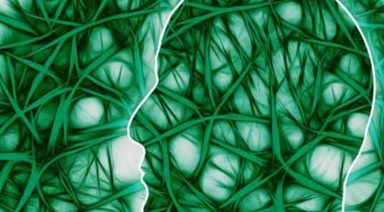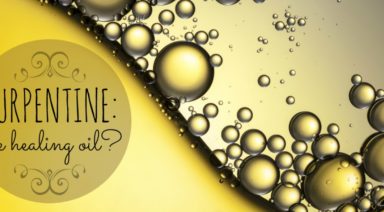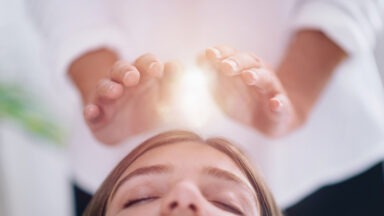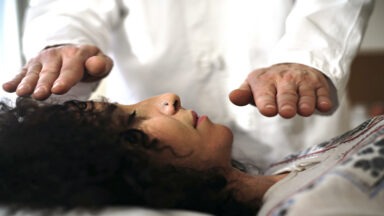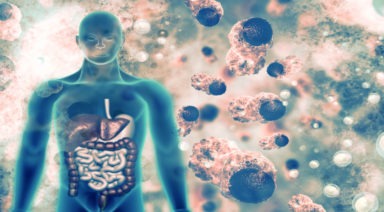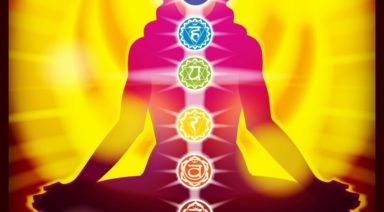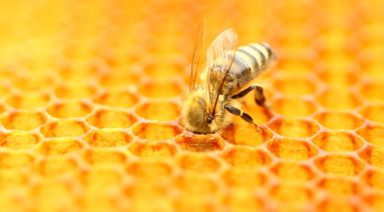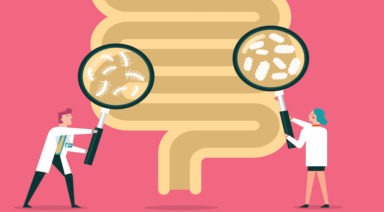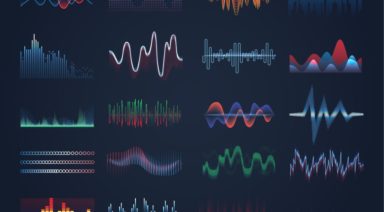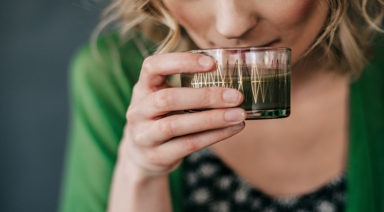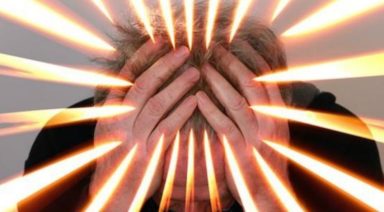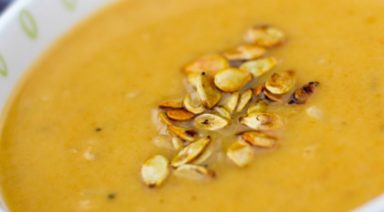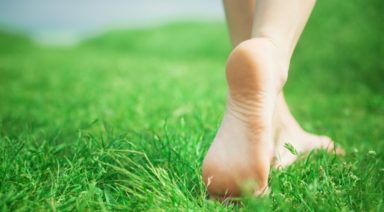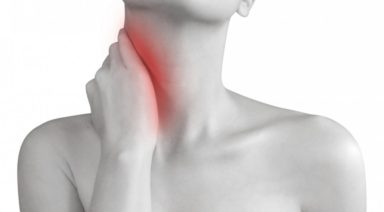Study Finds Lack of These Two Gut Bacteria May Lead to Depression

As studies of our microbiota become more focused, scientists have realized that our guts are inextricably linked to the brain and its functions. We now know our gut definitively factors into decision making, though we’ve probably known this informally for hundreds of years, hence the phrase “go with your gut instinct.” And now a new study believes it has pinpointed two specific species of bacteria that, when missing from our microbiome, may lead to depression.
According to the study recently published in the journal Nature Microbiology, out of a group of 2,000 participants, researchers found that those reporting symptoms of depression were lacking two particular strains of bacteria in their gut – Coprococcus and Dialister.
Coprococcus in particular was found to be a pathway for dopamine, the neurotransmitter believed to play a role in our brain’s reward system – one that’s known to dysregulate in people experiencing depression.
Though their results are only early indicators that will require significantly more research to be applicable for any future treatment, these two bacterial strains could lead to a future in which doctors might prescribe probiotics to treat mental disorders, or what some are referring to as “psychobiotics.”
The ability for our gut bacteria to send neurotransmitters between the brain and our gut’s brain, the enteric nervous system, is not found in bacteria outside of our guts and is believed to have evolved as we did.
This enteric nervous system, often called our second brain, contains somewhere in the range of 200 to 500 million neuronal pathways of its own – about the same as a dog’s brain – and communicates with the cerebellum through a two-way highway called the vagus nerve.
Our gut microbiome has something in the range of 500 to 1000 different species of bacteria, with scientists continuously discovering new ones. And in this most recent study, of the more than 500 strains tested, 90 percent of those strains were capable of producing neurotransmitters.
These bugs in our gut form somewhere in the range of three to five pounds of biomass and have essentially evolved to control our behavior. Along with the fungi, viruses, archaea, and other microbial cells, our guts are believed to contain somewhere in the range of 37 trillion bacterial cells. And unless we proactively maintain them, losing diversity in our microbiota can have severely negative side-effects. Now we’re closer to knowing that depression may be one of them.
Agaricus Blazei, the Healing Mushroom of the Gods
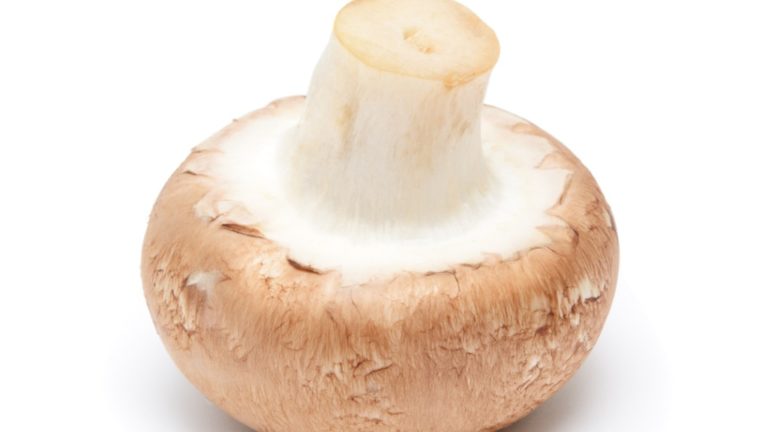
Indigenous cultures have, for millennia, included fungi in their diets and medicinal foods. Modern science is just beginning to catch up to their powerful potential. Like other potent plant healers, mushrooms are multidimensional and complex sources of nutrients that work holistically, rather than pharmacologically. Alternative medicine has experienced so much success in its employ of mushrooms to cope with an array of ailments that, at long last, modern medicine has taken notice and has funded a series of promising studies.
Now traditional oncologists and alternative practitioners alike have found success with mushrooms in patients battling cancer. Of the myriad mushroom species commonly used in traditional medicine, the Agaricus blazei has recently been the subject of numerous trials.
It is known in Brazil as “Cogumelo de Deus,” or “Mushroom of God,” because of its reputation for bestowing health and longevity on those who consume it. Although modern researchers maintain that more studies are warranted before Agaricus blazei’s medicinal value is confirmed as a curative, growing evidence, along with traditional usage, shows that a great part of its potential lies in such arenas as cancer treatment and immune system function for both humans and animals.


